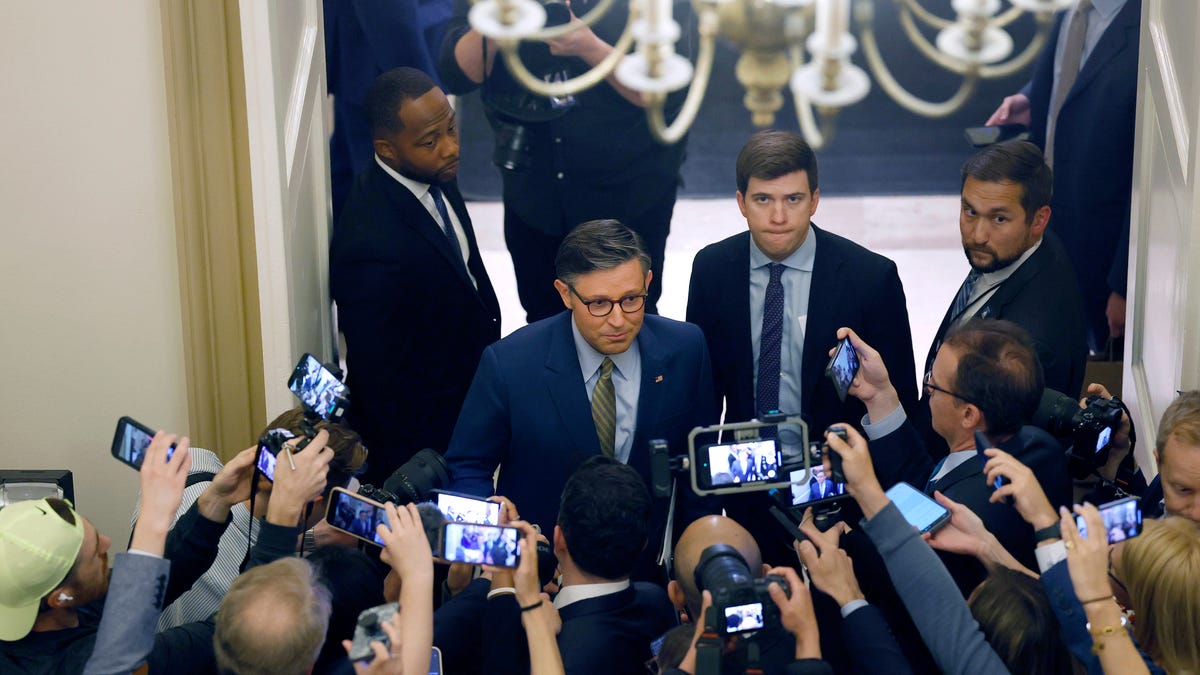Elon Musk to spend ‘a lot less’ on future political contributions
Elon Musk said he plans to spend “a lot less” on political contributions after supporting Donald Trump in the 2024 presidential election.
Scripps News
WASHINGTON – House Republican leaders returned from a meeting at the White House optimistic that they could hold a final vote on President Donald Trump’s sweeping tax and policy package, perhaps as early as this evening.
But that may be wishful thinking on the most important piece of legislation in Trump’s second term, where competing GOP factions are making it difficult for the president’s party to find a majority of votes. Multiple House GOP lawmakers said May 21 that they still would not support the package as a group of fiscally conservative members push for continued spending cuts.
“I think we’re in a very good place. I think that all of our colleagues here will really like this final product, and I think we’re going to move forward,” Speaker Mike Johnson, R-Louisiana, told reporters as he returned to the U.S. Capitol from the meeting at 1600 Pennsylvania Avenue.
Republican leaders plan to present a few small changes to the House bill during the evening of May 21, and then they will decide whether to hold the vote later tonight or tomorrow morning, Johnson said.
The speaker did not say what had been agreed to, or even that the ultraconservative House Freedom Caucus members are now on board after raising concerns about the legislation earlier in the day.
“I think we can resolve their concerns,” Johnson said.
Even Republican members who hadn’t raised concerns before were bringing them up as Trump’s White House tried to help broker a final deal.
“Raising the SALT deduction is a bailout for Democrat Governors—paid for by red states with low taxes,” Rep. John Rose, R-Tennessee, wrote on X. “Tennesseans should not foot the bill for New York and California’s mismanagement.”
That’s a reference to a tentative agreement to raise a state and local tax deduction cap to bring a group of blue state Republicans on board – illustrating how each new concession may create problems with another part of the conference.
